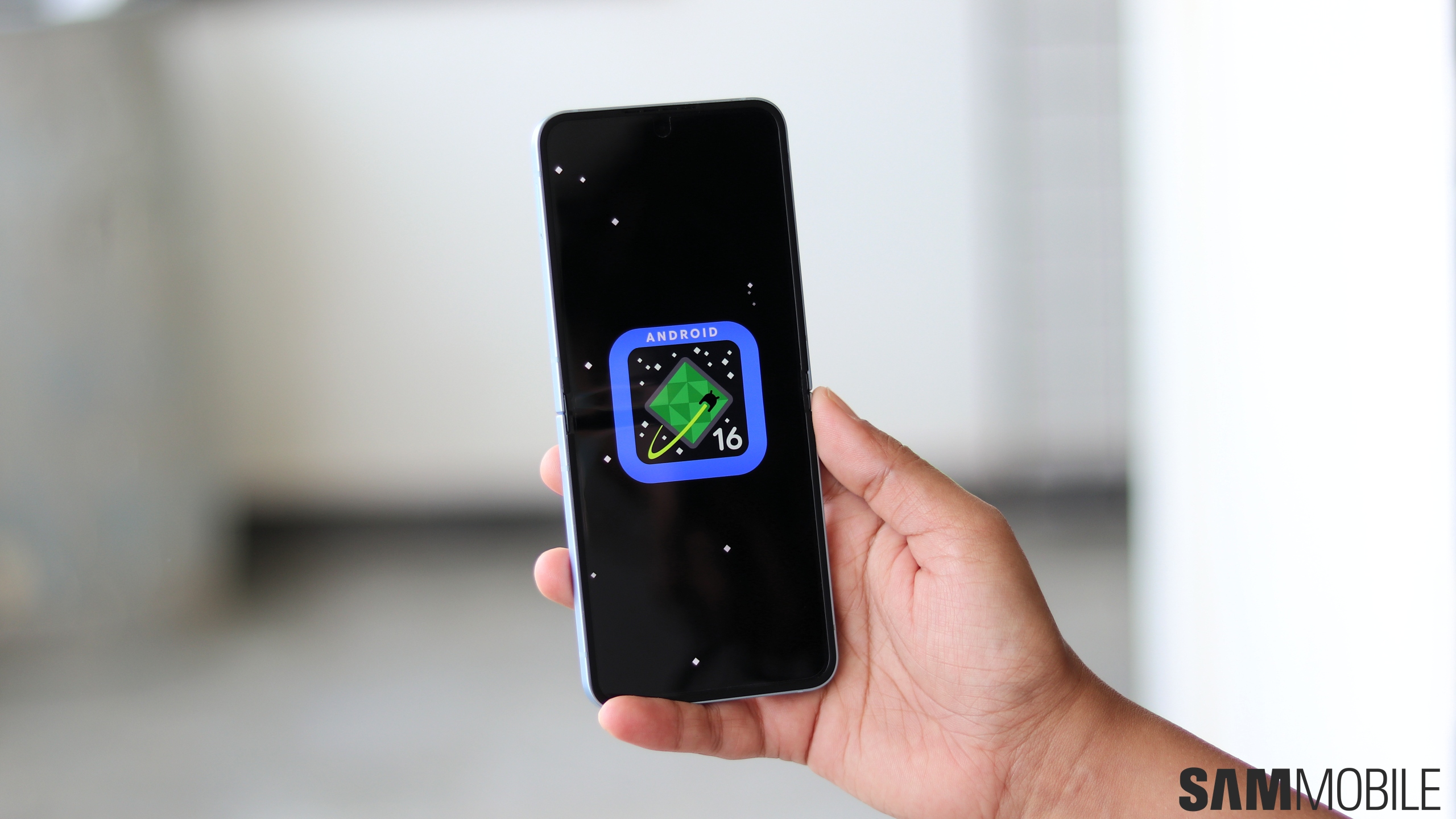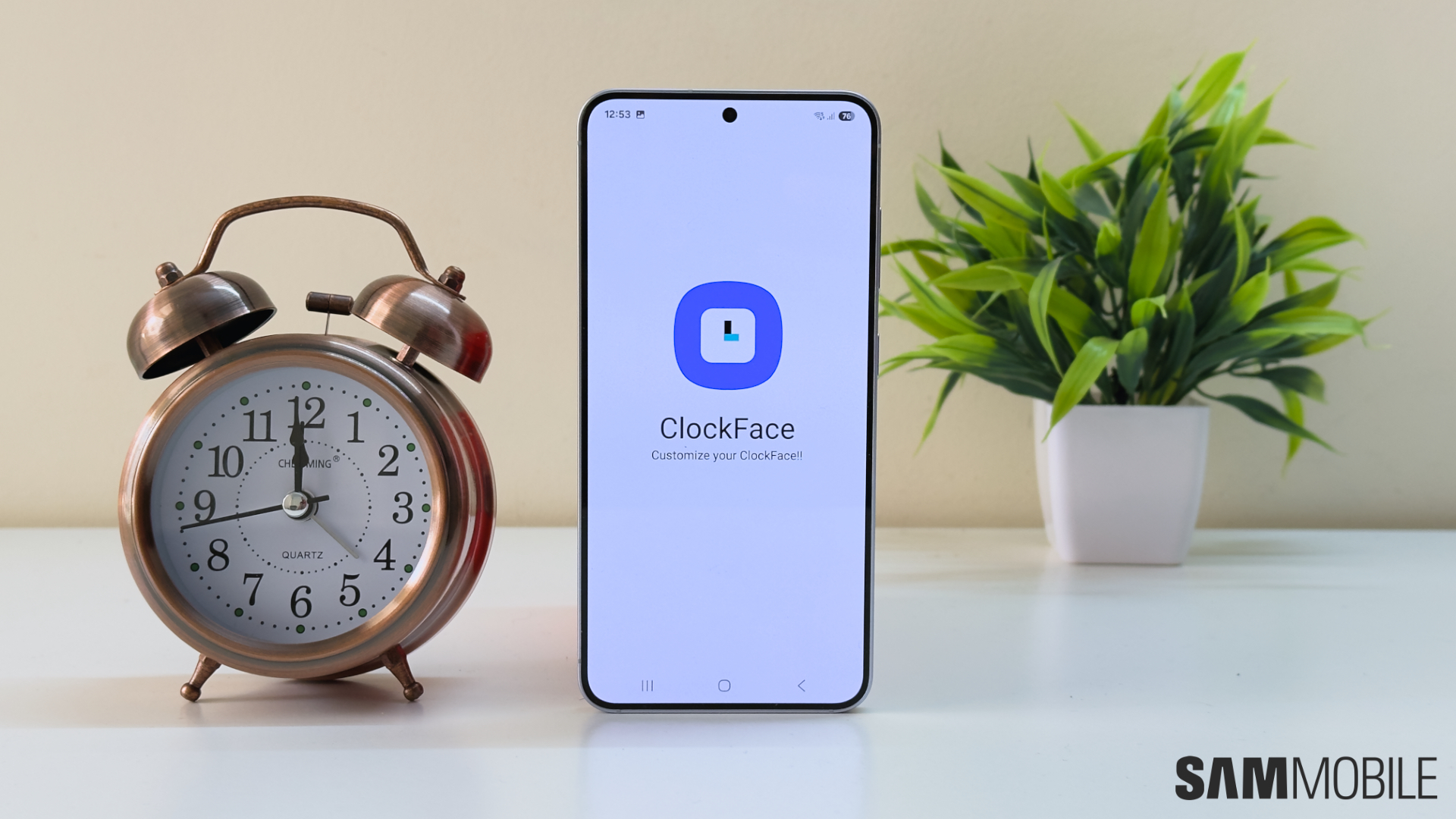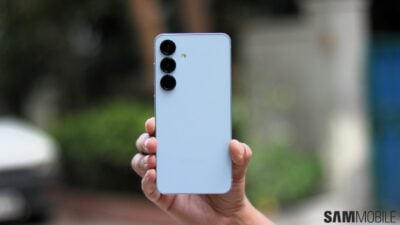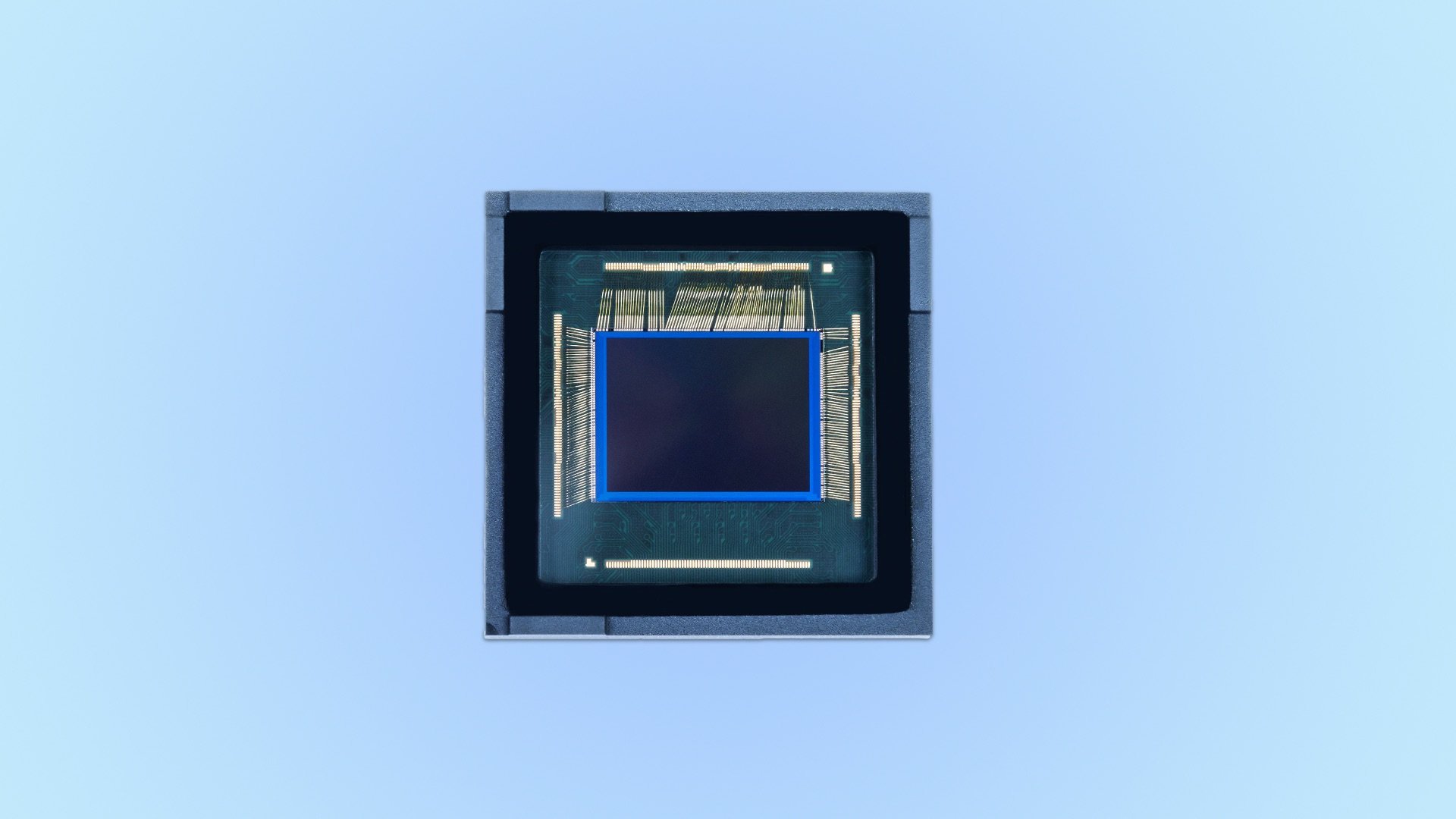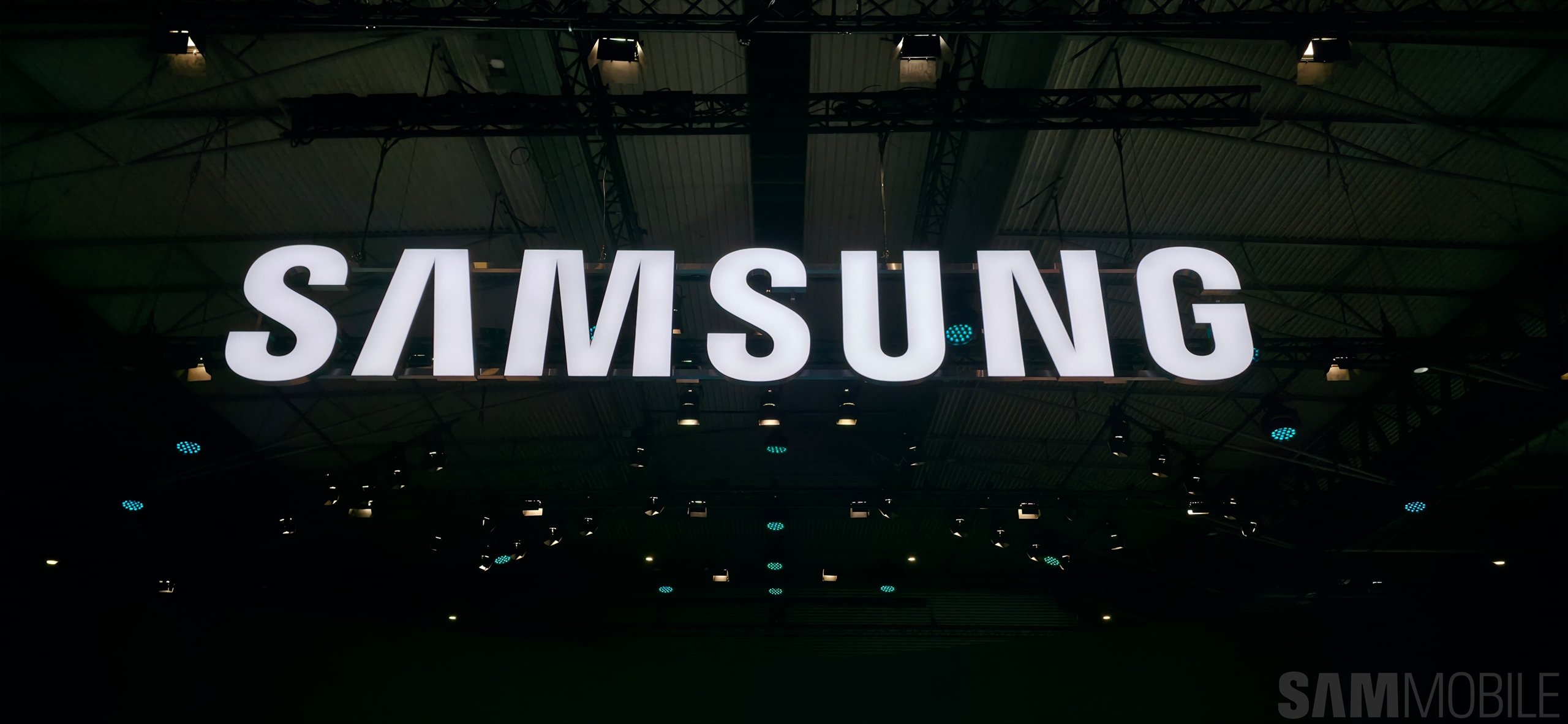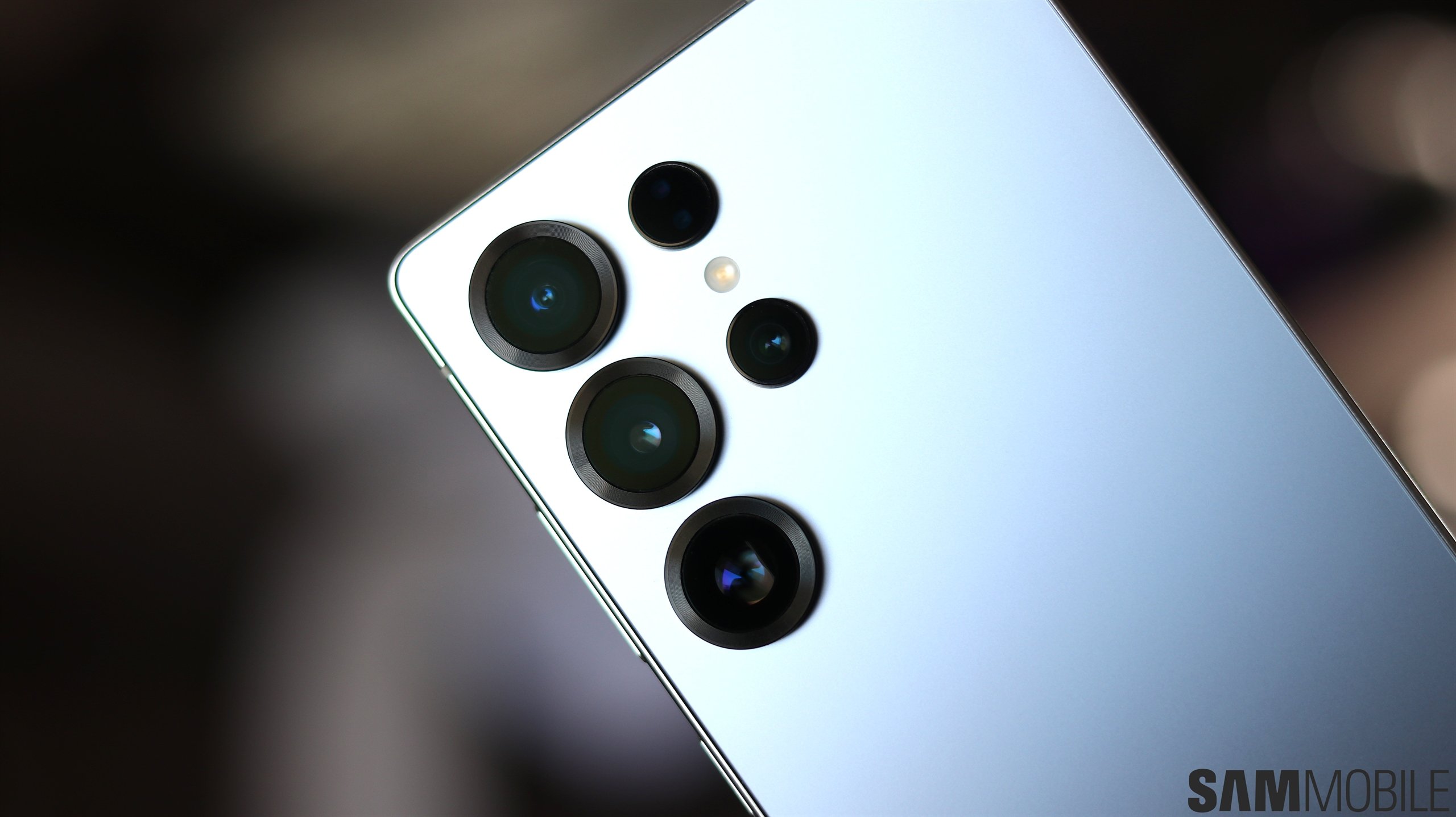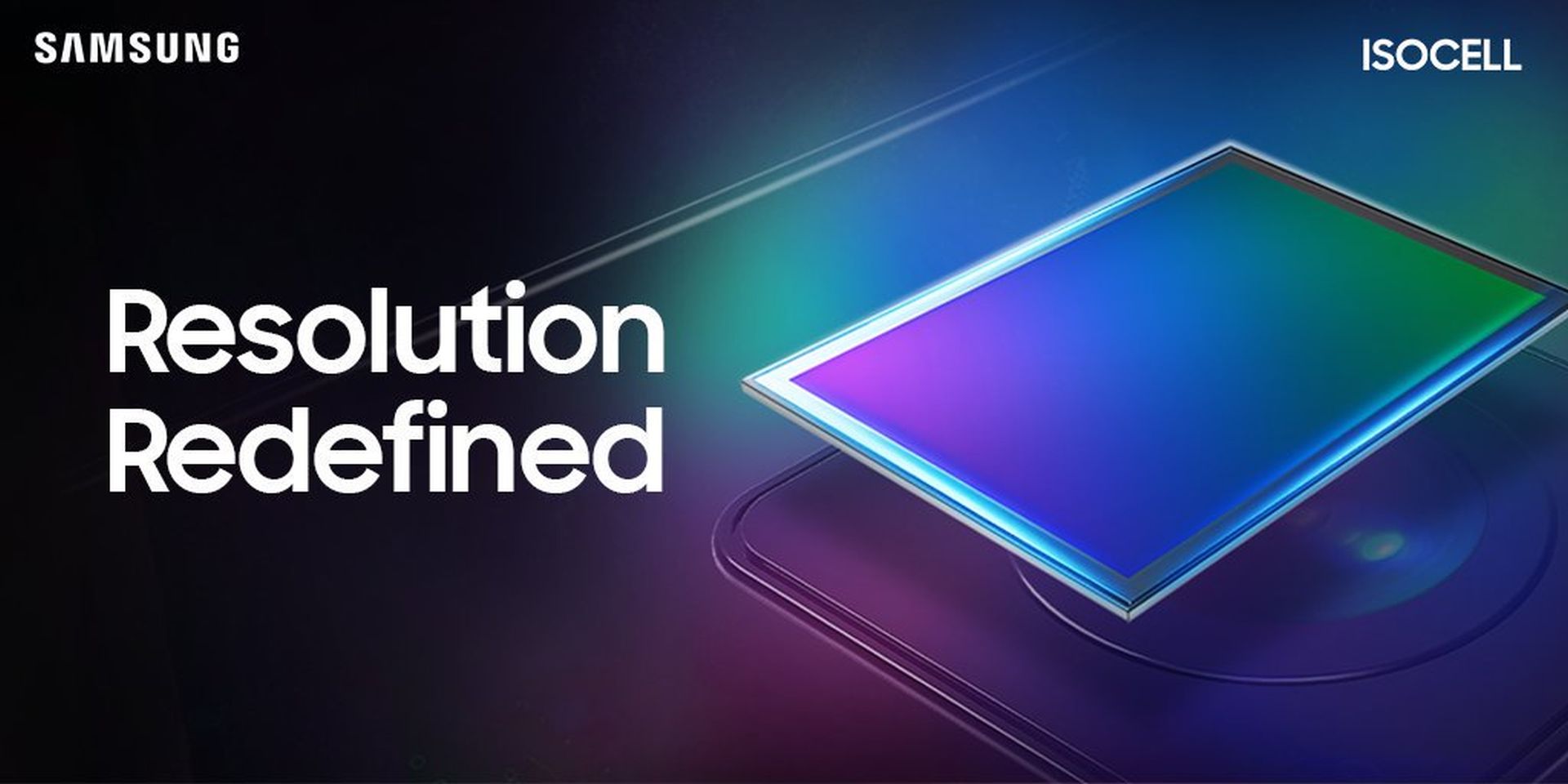
The ISOCELL Bright HM1 camera sensor has a size of 1/1.33-inch and a resolution of 108 megapixels. The company claims that the sensor can capture crisp and intricately detailed pictures, something that was earlier possible with only DSLR cameras. To reduce noise, Samsung is using its ISOCELL Plus technology, which isolates individual pixels using physical barriers, reduces crosstalk, optical loss, and light reflection.
Samsung's Nonacell pixel binning technology combines information from nine neighboring pixels (0.8μm each) into one pixel (2.4μm) for higher light sensitivity and lower noise. It ensures that images captured in low-light conditions are bright, lack noise, and maintain high resolution. The sensor's ultra-high resolution also makes it possible to capture 12MP images at 3x lossless zoom and without a significant loss in quality.
Other features of the ISOCELL Bright HM1 include Smart-ISO technology, real-time HDR, gyro-based EIS, Super-PD autofocus, and an ability to record up to 8K 24fps videos. This sensor is used in the South Korean tech giant's Galaxy S20 Ultra, which is one of the best camera phones out there. It will most likely be used in the highest-end variant of the Galaxy Note 20 as well.
Samsung is reportedly planning to launch a 150MP camera sensor by the end of 2020 and is planning to develop up to 600MP image sensors that exceed the capabilities of the human eye.
https://www.youtube.com/watch?v=_Yp7DBo3e_s



